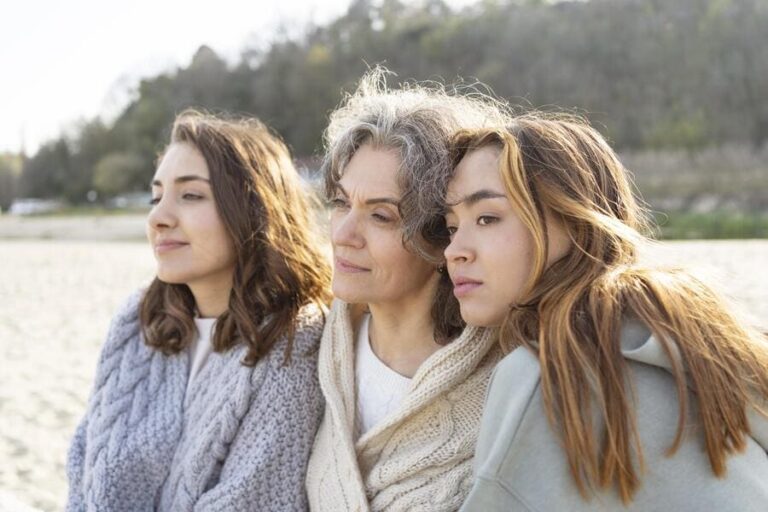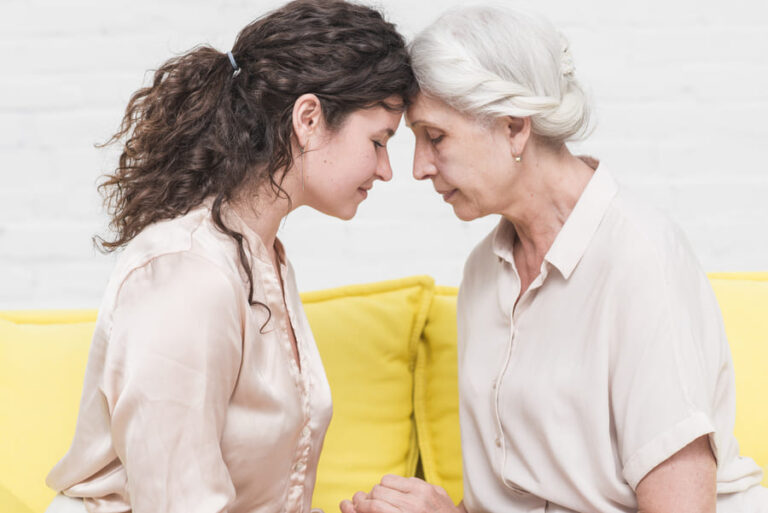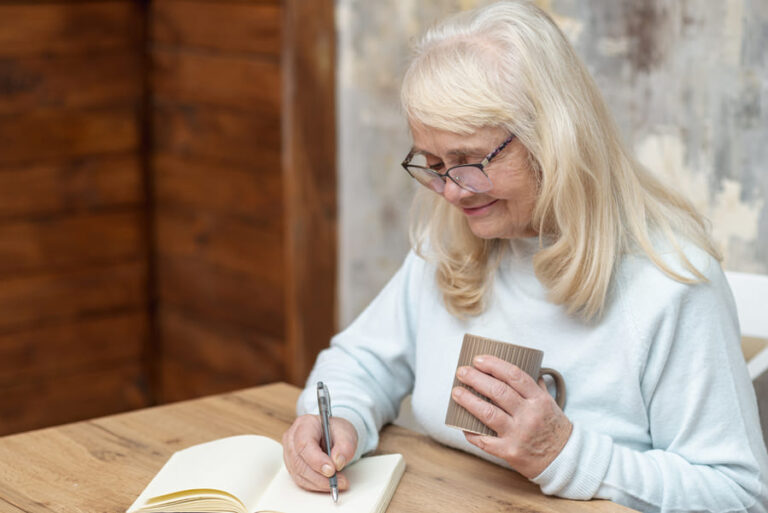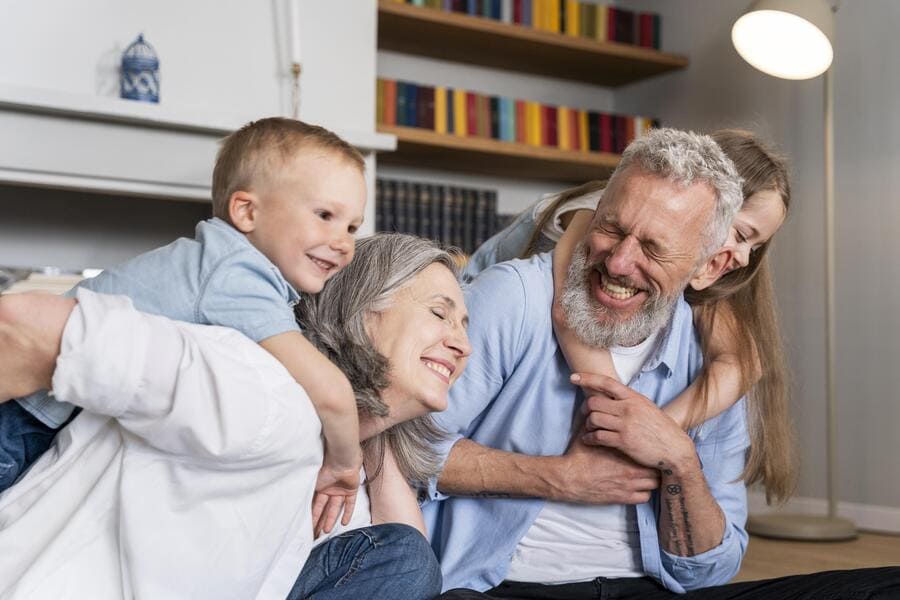
As people grow older, the elderly often face many life changes—retirement, the loss of loved ones, and age-related health issues. These shifts can bring emotional stress and even lead to depression. That’s why it’s so important to support ourselves and those we care about in navigating this stage of life with dignity, joy, and purpose.
Aging Is a Natural Part of Life 
Author Thomas Hanna once said:
“To despise the fact of aging is to despise life itself.”
Aging should not be viewed as decline, but as a natural continuation of growth. With the right mindset and lifestyle, the later years can be just as fulfilling as any other stage.
Psychological Shifts in Older Adults
As people age, some mental and emotional changes are common:
- Slower thinking processes. Older adults may need more time to process information, which is natural and not always a sign of decline.
- Narrowing of interests. Topics or trends that once sparked curiosity may now feel irrelevant or even uncomfortable.
- Emotional changes. Irritability, anxiety, or sadness can become more frequent, often tied to life events or a sense of loss.
- Increased anxiety. Fears related to health, loneliness, or being a burden are common.
Despite these challenges, many older adults retain a sharp mind, strong creativity, and a sense of humor well into old age.
The Growing Role of Family
As social circles shrink, family often becomes the main source of interaction and emotional support. Regular family contact helps older adults feel valued and connected.
The Risk of Isolation
When older individuals resist adapting to new norms or pull away from others, it can lead to isolation and internal conflict. Staying socially engaged and open to new experiences helps prevent emotional withdrawal.
Types of Happy and Active Older Adults
Studies have shown that there are several common personality types among those who age happily:
- Creative & Active Type They stay involved in community, political, or religious life, and often mentor younger generations.
- Individual Type These individuals enjoy the freedom of retirement to explore hobbies, learn, and relax.
- Nature-Loving Type They thrive outdoors—gardening, walking, or spending time in nature.
- Family-Oriented Type Their energy is focused on family life, especially grandchildren and home responsibilities.
- Health-Focused Type They make wellness a priority—eating well, exercising, and taking care of their bodies.
How to Feel Younger and Enjoy Life
Not sure where to start your “golden years”? Here are some ideas: 
- Revisit an old hobby and give it the time it deserves
- Spend time with grandchildren or pets—they radiate energy and joy
- Learn something new: a language, instrument, or how to use a computer
- Join a local group or community center
- Take a trip to a place you’ve never been
- Go outside more: walk in a park, watch the sunset
- Explore the arts: visit a museum, attend a play or concert
The key is to do what brings you happiness and fulfillment.
How Loved Ones Can Support Elderly Family Members
If you live with or care for an elderly person, here are a few simple ways to make communication and daily life smoother:
- Avoid arguments or harsh criticism
- Listen patiently and respectfully
- Take their fears seriously and talk them through
- Help schedule regular doctor visits to ease health concerns
- Don’t force conversations—offer them gently
- Always speak with respect and kindness
- Offer physical comfort: a hand on the shoulder, sitting nearby
- Encourage independence in personal care and daily tasks
- Let them have their privacy and personal keepsakes
- Stay calm if they misplace things—help them find what’s missing
- Support social interaction: help them make calls or go outside
 In Conclusion
In Conclusion
Aging doesn’t mean fading away. It can be a rich, meaningful chapter full of new discoveries.
If you’re an older adult, give yourself permission to keep growing.
If you’re close to someone elderly, remind them they’re loved, respected, and still an important part of life.
Growing older is inevitable, but how we live through it—that’s our choice.
